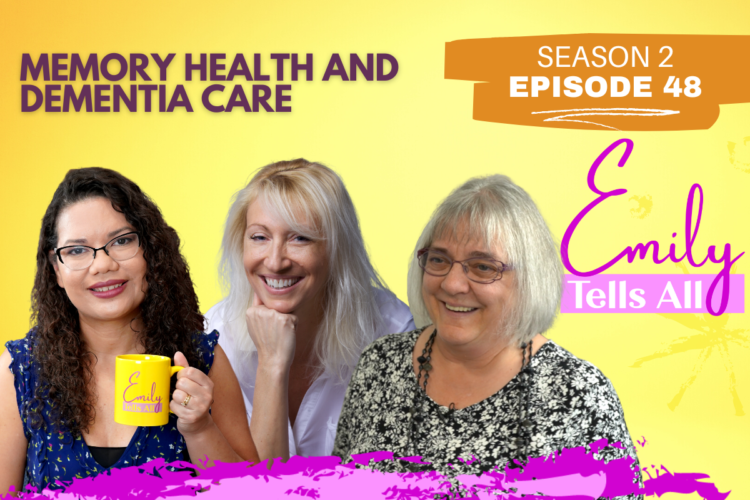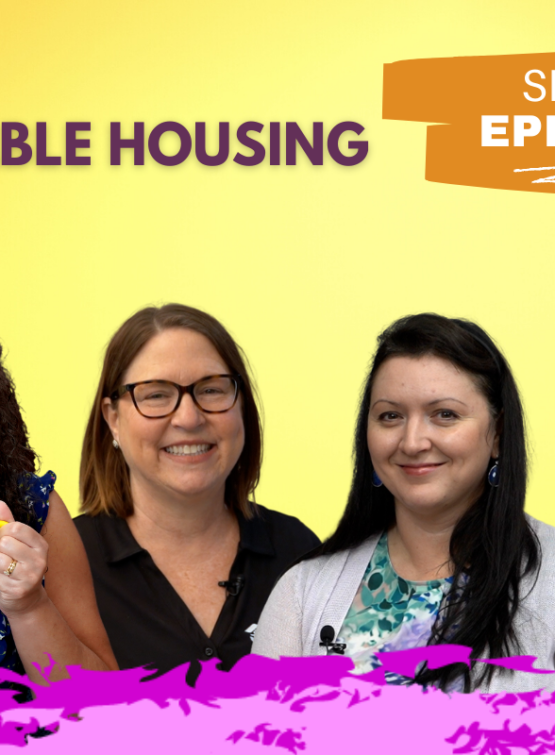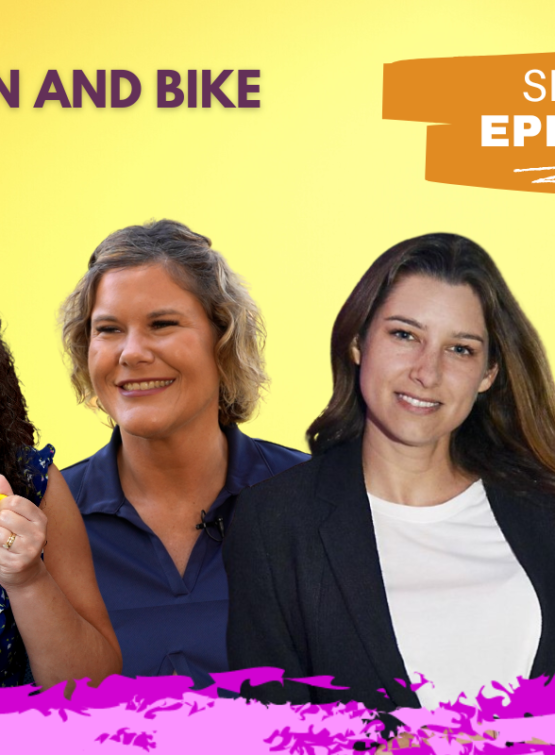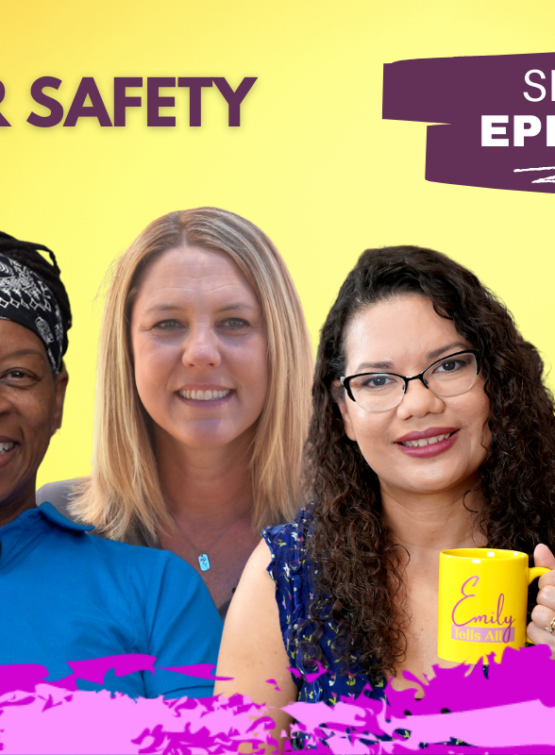AIR DATE DECEMBER 1, 2022
Title: Memory Health
Discover resources available in the central Florida area to individuals with memory loss and their families.
Guests and Locations
Memory Training Centers of Florida, Executive Director – Liz Bicknell
Alzheimer’s & Dementia Resource Center, Chief of Operations – Edith Gendron
Prioritizing Memory Health Today Can Lead to Brighter Tomorrows
Have you worried about finding your expensive sunglasses or the keys you thought were set on the table, but are nowhere to be found?
Here’s some good news. According to Dr. Scott Small, memory lapses are necessary for a healthy and functioning brain. He argues that this ability is as crucial as your skill to remember events.
I recently spoke with Edith Gendron, the Chief of Operations at the Alzheimer’s and Dementia Resource Center in Winter Park, about memory health. She says it’s never too soon and never too late to prioritize this care. “We prioritize it by paying close attention to the stress in our lives and reducing it as much as possible,” she said.
The Focus Must Be on the Entire Person
I also spoke with Liz Bicknell, the Executive Director of Memory Training Centers of Florida. She told me that focusing on memory is essential, but it isn’t the only step in the process to a healthier individual. “We have to look at the whole person because there are many different things that impact memory, including mental health, behaviors, and environment,” she said.
Gendron says that daily choices can lead to positive results. I asked her about the Blue Zones, which are five places in the world where people live the longest and stay the healthiest. “Sardinia in Italy is a Blue Zone, and the hallmark there is less stress, lots of social interaction,” she said. “You have about two or three ounces of red wine and have it in a social setting. They walk a lot, they eat that Mediterranean diet you’re talking about lots of vegetables a little bit of of fish, and even less meat.”
Once healthy choices are made, Bicknell says that memory is based on people’s observations. “You’ve got to be able to pay attention to be able to take in the information.”
Memory Changes with Age, but Abnormal Developments Require Attention
Gendron brought up ambiguity as a potential symptom of memory health that can be normal, but also as a sign of something that requires medical attention.
“When you forget what the coffee pot is for, when you forget what the remote is for, when you get lost in a familiar place, when you truly can’t remember your neighbor’s name when you start – those are times for a professional review,” she said.
“When you start talking around something, like forgetting ‘refrigerator,’ so calling it “the place where the cold food is,’ that’s closer to the normal changes.”
Bicknell says that memory training is challenging but can also lead to positive results. “Short-term memory is what gives everyone the most trouble, and that’s the one we never practice,” she said. “You have to take in that information. You must immediately recall it, then give a delay to build that pathway and skill.”
“You’ve got to practice,” said Bicknell, “and it gets better.”
Gendron agrees that learning something new helps to keep our memory sharp. “The more comprehensively engaged your brain is, the better it is,” she said.
You can learn more about how the Alzheimer’s and Dementia Resource Center helps with memory health by visiting https://adrccares.org/. An overview of the comprehensive memory programs offered by Memory Training Centers of Florida can be found at https://memorytrainingflorida.com.



